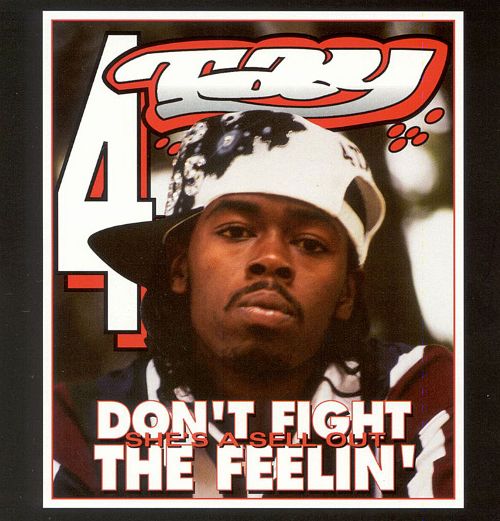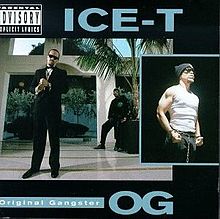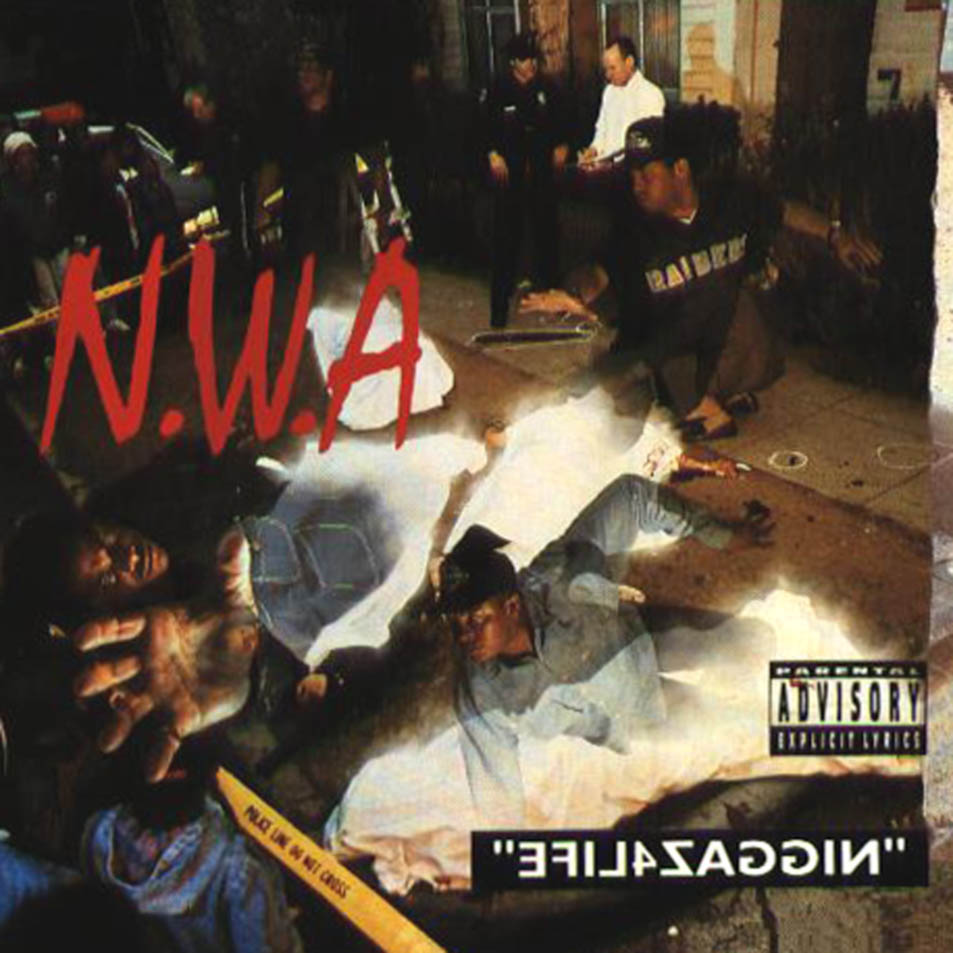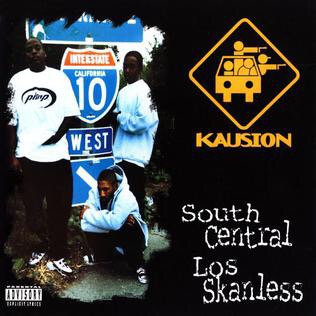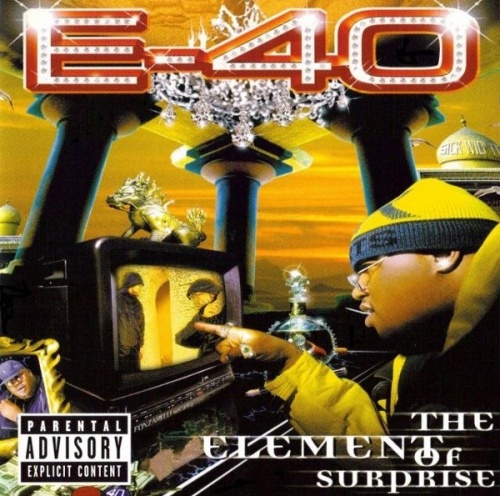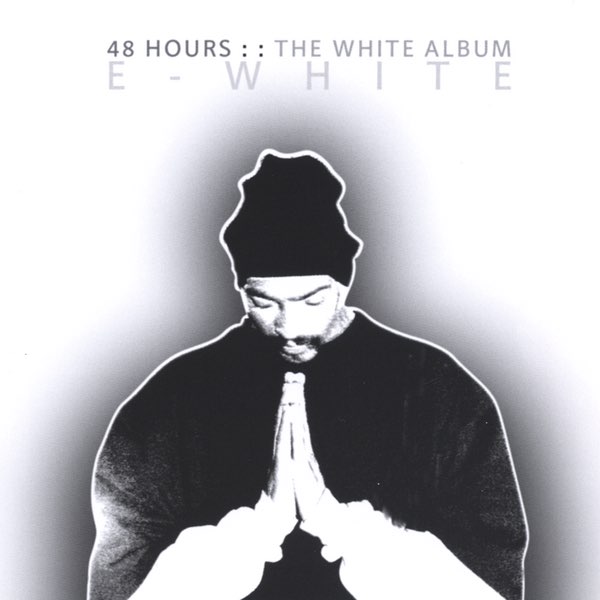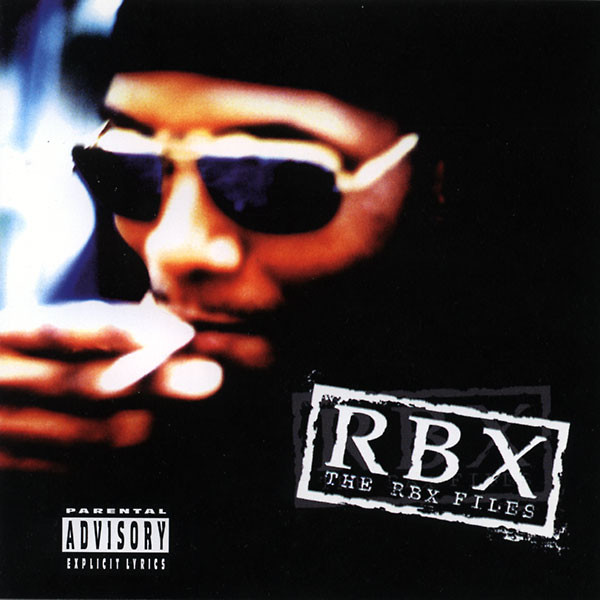- 3Shares
Rappin’ 4-Tay’s “Don’t Fight the Feelin'” is more than just an album; it’s a cultural artifact that captures the essence of West Coast hip-hop during a pivotal era. Released in the summer of 1994, it arrived at a time when the genre was blossoming not just musically but also as a dominant force in mainstream culture.
The album opens with the smooth, laid-back vibes of “Back Again,” setting the tone for what’s to come. Rappin’ 4-Tay’s lyrical agility is immediately apparent, as he weaves tales of life on the streets of San Francisco with a charisma that’s both engaging and relatable. His ability to paint vivid pictures with his words is a testament to his status as a storyteller, a skill that’s evident throughout the album’s 14 tracks.
“Playaz Club,” the album’s standout single, is a masterclass in sampling and production. The track’s infectious groove, courtesy of a sample from Judy Clay and William Bell’s “Private Number,” is the perfect backdrop for Rappin’ 4-Tay’s musings on the player lifestyle. It’s a song that resonates with the listener, inviting them into a world of smooth operators and late-night escapades.
But “Don’t Fight the Feelin'” isn’t just about the highs of street life; it also delves into the lows. Tracks like “Dank Season” and “Keep One in the Chamba” address the harsh realities of the drug trade and violence, offering a sobering counterpoint to the album’s more celebratory moments. This duality gives the album a depth that’s often missing in mainstream rap, showcasing Rappin’ 4-Tay’s ability to navigate complex emotional landscapes.
The production team, including Ant Banks, Black C, and JT the Bigga Figga, deserves much credit for the album’s cohesive sound. Their use of funk samples, heavy bass lines, and melodic hooks creates a sonic palette that’s quintessentially West Coast. It’s a sound that would influence countless artists in the years to come, from the Bay Area to Los Angeles and beyond.
Commercially, “Don’t Fight the Feelin'” achieved moderate success, but its cultural impact far exceeds its chart performance. The album helped to solidify the West Coast’s place in the hip-hop pantheon, and tracks like “Playaz Club” continue to be celebrated as classics of the genre.
“Don’t Fight the Feelin'” is an album that deserves its place in the annals of hip-hop history. With its combination of slick production, sharp lyricism, and authentic storytelling, it’s a snapshot of a time when West Coast rap was defining itself as a force to be reckoned with. For fans of the genre, it’s an essential listen—a reminder of the power of hip-hop to capture the complexities of urban life with style, substance, and soul. The album’s legacy lives on, not just in the music it inspired but in the memories it continues to create for listeners old and new. It’s a timeless piece of musical artistry that resonates as much today as it did upon its release.
Released: July 26, 1994
Recorded: 1993–1994
Genre: West Coast hip hop, gangsta rap
Label: Chrysalis, Rag Top
Producer: Anthony, Black C, Cyrus Esteban, Franky J, Gigolo Gee, J-Mack, JT The Bigga Figga, Fly, T.C.
Tracklist
Back Again
Dank Season feat. Seff The Gaffla
Keep One In The Chamba
Can U Buckem’
Just Cause I Called You A Bitch
Playaz Club
She’s A Sell Out
I’ll Be Around
Tear The Roof Off
Sucka Free
Call It What You Want To
I Got Cha Back feat. JT The Bigga Figga, Fly
This Is What I Know
The Gift
Out 4000
Playaz Club (Instrumental)
- 3Shares

